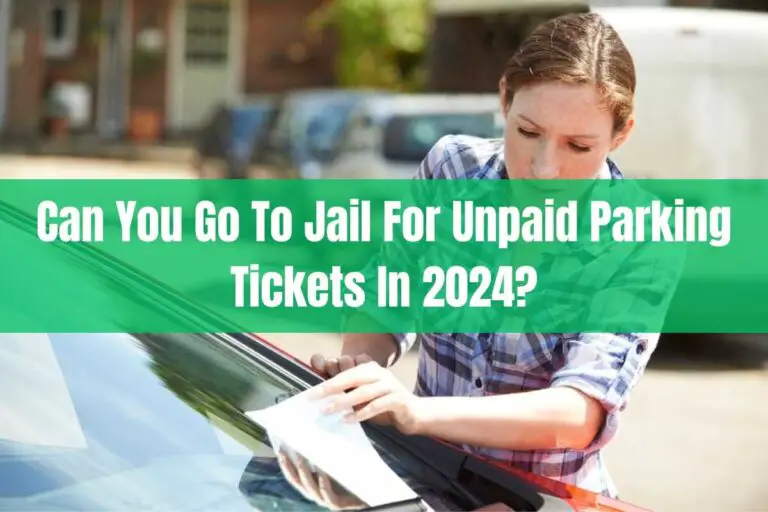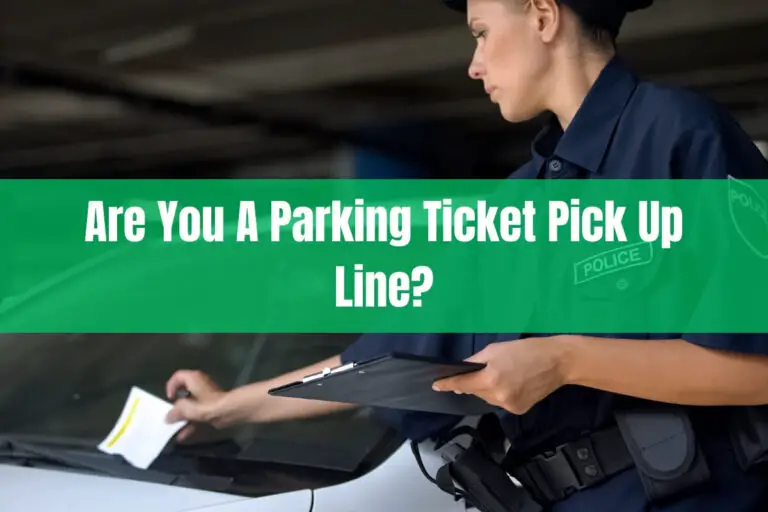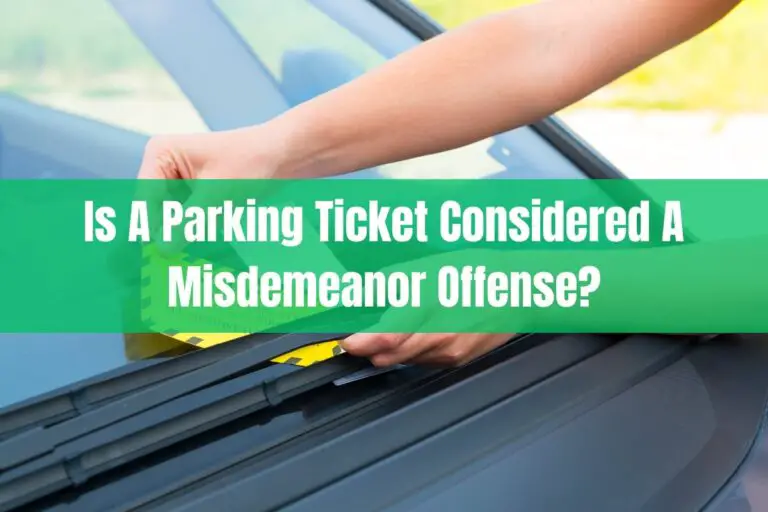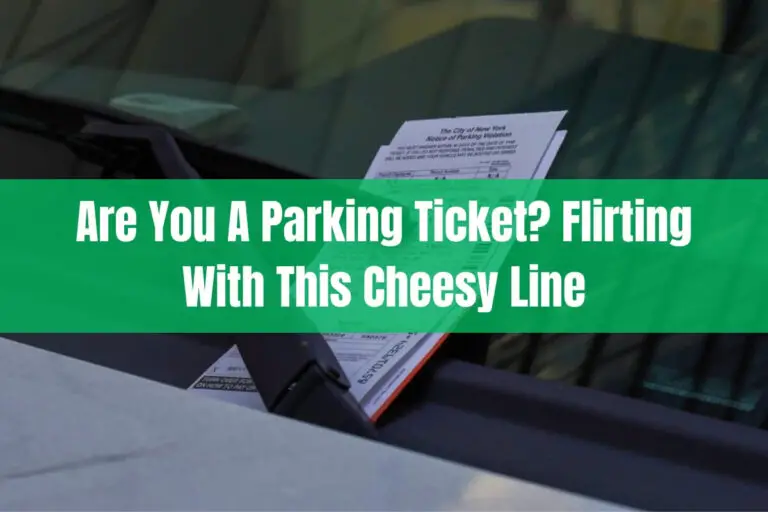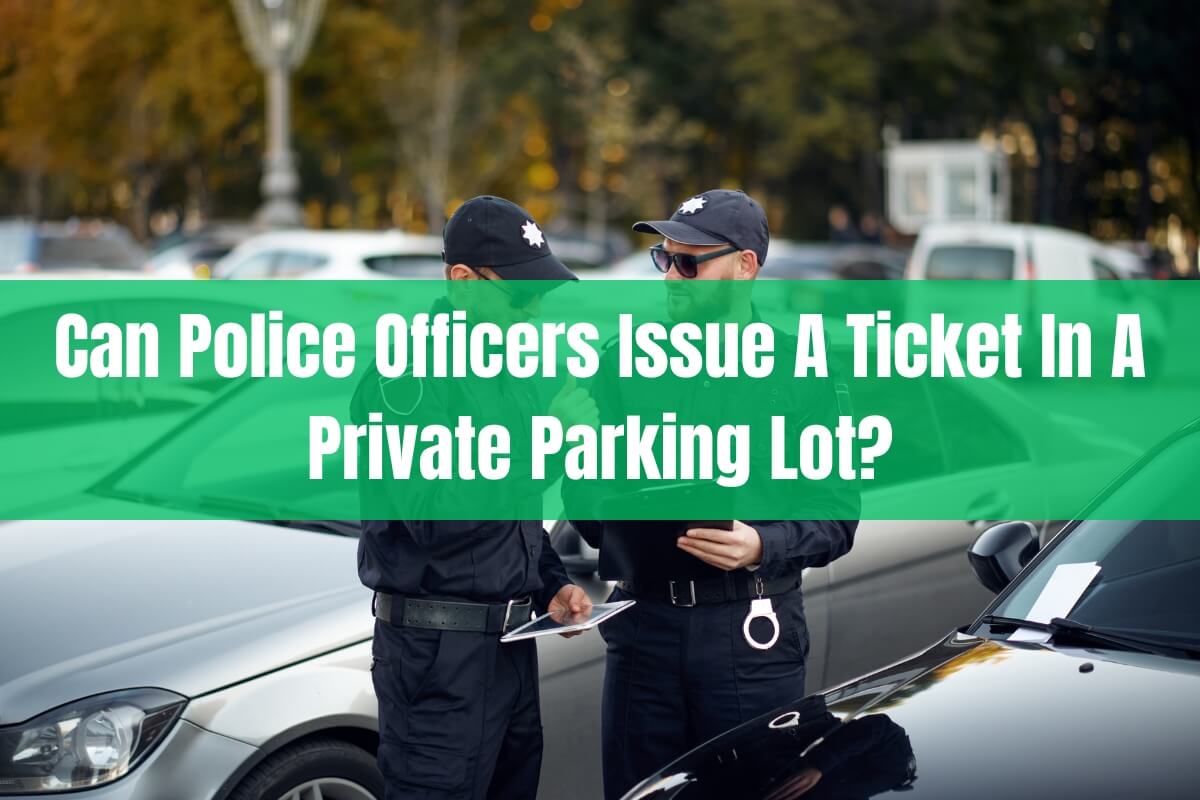
Getting a parking ticket can ruin anyone’s day. The annoying piece of paper slapped on your windshield means an upcoming fine and having to deal with paying the citation. But did you know that where you get the ticket also matters?
If a police officer gives you a citation while parked in a private lot, you may actually be able to get out of paying it!
This article will cover everything drivers need to know about the powers officers have on private property, when they can and can’t ticket you, and what to do if you get an improper citation.
Do Police Have Jurisdiction on Private Property?
In general, police cannot enforce traffic laws and issue citations for violations that happen on private streets, parking lots, and other areas.
Their authority is limited to public roads and highways that are funded by taxpayer money. So a private parking lot or a driveway into a shopping mall is not within typical police jurisdiction.
However, there are some exceptions for criminal offenses like:
- DUI/DWI
- Vehicular homicide
- Reckless driving
- Hit-and-run collisions
Police can conduct investigations and issue tickets for these violations anywhere, even if they happen in a private parking garage or on a private drive.
But for basic traffic rules like speed limits, stop signs, illegal parking, etc. officers usually can’t ticket drivers on private property without authorization.
When Can Police Issue Tickets on Private Property?
While the above is the standard general rule, there are some key differences in state traffic laws on this issue. Several states allow police broader powers when it comes to issuing citations on private roads and parking areas.
State-by-State Differences
- In Florida, officers can ticket certain violations like fire lane parking and expired registration without property owner consent.
- California law says private property owners themselves cannot give tickets at all. Only criminal traffic offenses are enforced by police.
- Under New York’s vehicle and traffic code, tickets may be valid on any private road considered a “highway.”
- Police in Texas can ticket drivers for running stop signs on private roads in homeowner’s associations if the HOA authorizes enforcement.
- Some states permit ticketing on private property that is open to public vehicular traffic, even without owner request.
So laws truly vary when it comes to traffic enforcement on non-public streets and parking areas.
Can You Get a Ticket in a Store Parking Lot?
Shopping center parking lots are one of the most common places drivers get questionable citations from police.
For basic violations like:
- Speeding
- Rolling stop signs
- Blocking fire lanes
- Double parking
It depends on whether the property owner authorizes police to enforce traffic laws in their private lot. Some malls and chain stores permit it, while others don’t.
So officers may wrongly hand out tickets in a parking lot they don’t actually have jurisdiction over.
Apartment Complex and Private Subdivision Streets
Similar confusion exists when it comes to apartment complex private roads and streets within gated communities.
In general, standard traffic rules cannot be enforced on these private streets used only by residents.
But sometimes apartment owners give local police authority to patrol and issue traffic citations. Other times no agreement exists and officers overstep their bounds.
The key is verifying whether public traffic enforcement is authorized on the specific private property in question.
What If You Get a Ticket on Private Property?
Now that you know the rules, what if you actually get a parking or traffic ticket while on a private lot, road, or other area?
Don’t assume you have no choice but to pay up! There are options for contesting the citation, especially if the officer was out of their jurisdiction.
4 Ways to Challenge an Improper Private Property Ticket
- Double check ownership of the street or parking lot where you got the ticket. Is it a public road or confirmed privately owned? Public records and posted signs should clarify the status.
- Lookup the state traffic laws to see what types of violations police can enforce on private property. If yours doesn’t fall under the exceptions, the ticket was likely invalid.
- Contact the property owner directly to ask if they have an agreement with the local police department authorizing officers to ticket traffic offenses there. If not, the officer had no authority.
- Consult with a traffic attorney. An experienced lawyer can advise you of your options, go to court to fight an improper ticket, and keep points off your license.
Don’t Just Pay a Ticket You Shouldn’t Have Gotten
Caving and paying fines for invalid tickets given improperly on private property just invites more overreach.
With the right legal guidance, a ticket written outside of an officer’s jurisdiction doesn’t have to drag down your driving record or bank account.
But doing nothing about it means accepting liability and penalties for something you may not have deserved in the first place.
Key Takeaways on Private Property Traffic Tickets
- Police typically can only enforce standard traffic laws on public, taxpayer-funded roads – not private streets and parking lots.
- There are exceptions that let officers ticket criminal violations like DUI anywhere.
- State laws differ on what specific non-criminal infractions can be cited on private property without owner consent.
- Tickets given wrongly on private lots are often beatable with the right lawyer’s assistance.
- Don’t accept unjust tickets that officers write outside their legal authority on private areas.
Understanding when police can and cannot issue traffic and parking tickets on private property helps drivers protect their rights.
If you get an improper citation, the right legal help can keep it from damaging your driving record or pocketbook. But ignoring it won’t make the problem go away.

